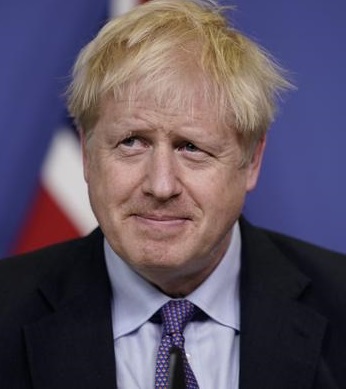As of Friday evening, last week, Britain is finally out of the European Union, ending 47 years of membership. Some say that the time of uncertainty is over but the future poses even more questions.
Officially, the end of January marked Brexit but it will not actually “kick in” until the end of 2020. There will be a one-year implementation period in which the British government and the EU will transition into a new relationship and negotiate the new terms.
UK’s decision to separate from the EU means that the UK citizens will not be able to move freely across the EU and work there and the same for EU citizens in the UK. The UK will no longer have a say, or a seat for that matter, at the EU voting table and a new trading deal needs to be agreed upon.
During the implementation period, things will remain as they have been for UK citizens and businesses. The European regulation and freedom of movement will remain in place. However, one difference will be that the UK would not be able to vote for any changes of the regulation but it will have to follow them. This is why it is very important for the British government that the implementation period does not last any longer than its schedule deadline – 31 December 2020.
The UK and EU now have 11 months to agree on a new trade deal and the hope is that it will be tariff free. The UK has until 26 November 2020 to come up with a new deal so that it can be ratified by the end of the year. Prime Minister Boris Johnson says he wants a free trade deal but some fear that because of the time constraints, UK may only get a “bare-bones” deal. If there is no deal by the end of the year, the UK will trade under World Trade Organization (WTO) terms.
In his address today, Boris Johnson, expressed his optimism in a liberated future of the UK market. He rejected the requirement for the UK to adopt rules made by the EU “on competition policy, subsidies, social protection, the environment, or anything similar, any more than the EU should be obliged to accept UK rules.”
Boris Johnson said:

UK Prime Minister
Boris Johnson
There is no need for a free trade agreement to involve accepting EU rules.
He added:
We have often been told that we must choose between full access to the EU market, along with accepting its rules and courts on the Norway model, or a free trade agreement, which opens up markets and avoids the full panoply of EU regulation, like the Canada deal.
We have made our choice – we want a comprehensive free trade agreement, similar to Canada’s but in the unlikely event that we do not succeed, then our trade will have to be based on our existing Withdrawal Agreement with the EU. And let’s be clear, the choice is emphatically not ‘deal or no deal’.
The question is whether we agree a trading relationship with the EU comparable to Canada’s – or more like Australia’s. And I have no doubt that in either case, the UK will prosper mightily.
Read More: